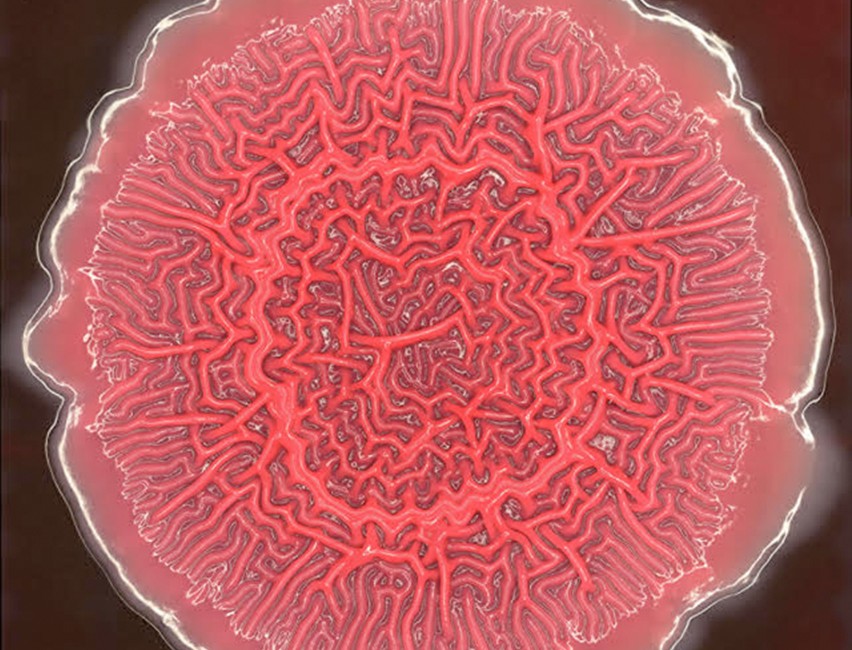Research in microbiology has provided essential insights into Earth’s history and revealed fundamental principles of biology. It has also yielded advances in biotechnology with major impacts on medicine, industry, and sustainablity. Though microbes affect us most noticeably during infections, they also–no less importantly–play supportive and protective roles in human development and health. Microbiological research is thus crucial to our ability to treat disease and maintain the habitability of the planet. Faculty in this area take approaches that range from targeted interrogation of molecular interactions to systems-level analysis of microbial physiology and use a broad variety of methods including genetic engineering, high-throughput screening, computational modeling, and diverse imaging techniques.
RESEARCH GROUPS
Dietrich lab
Bacterial models for biological shape and pattern formation
Hunt lab
Structural biology of transmembrane transport
Jia lab
Epigenetic regulation of the genome
Landweber lab
RNA-mediated epigenetics and genome reorganization during development
Tavazoie lab
Principles of cellular adaptation






